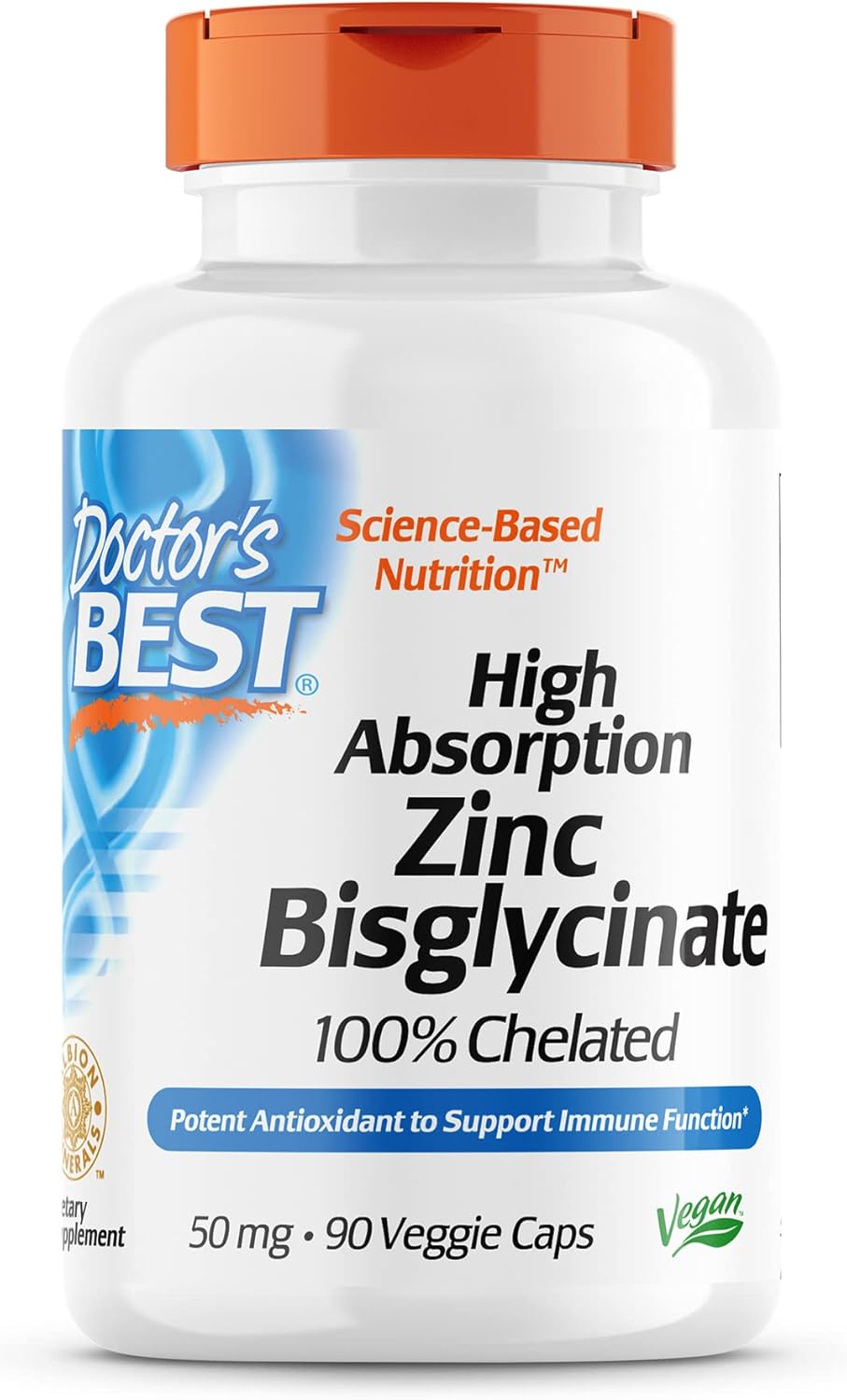A Must for Keeping Healthy
Zinc is an important element required for the chemical reactions of over 300 enzymes and is necessary for the proper functioning of your immune system. Your body need zinc for protein synthesis, wound healing, hormone production and cell division. Zinc supports normal growth and development from infancy to adolescence. Without zinc, you wouldn't have a sense of taste or smell and the health of your skin and eyes would be compromised, according to National Institutes of Health. Many of us are deficient in zinc, especially vegans. Some of the symptoms are NutritionNutrition BasicsVitamins and Supplements Which Form of Zinc Is Best? By Gord Kerr Updated April 18, 2019 Reviewed by Janet Renee, MS, RD Open Oysters with lemon and Rose Wine in ice bucket A serving of oysters fulfills more than your daily recommended amount for zinc. Image Credit: Lisovskaya/iStock/GettyImages Zinc is an essential micronutrient that is vital to many aspects of your health. Although whole food sources are always the best way to get your nutrients, you may benefit from a zinc supplement if you have a deficiency or need to treat a medical ailment. Many forms of zinc supplements are available, some better than others for certain conditions. It's useful to understand your choices when deciding which is the best form of zinc for you. Tip Choose a chelated form of zinc supplement for the best bioavailability in your body. Benefits of Zinc Zinc is an important element required for the chemical reactions of over 300 enzymes and is necessary for the proper functioning of your immune system. Your body need zinc for protein synthesis, wound healing, hormone production and cell division. Zinc supports normal growth and development from infancy to adolescence. Without zinc, you wouldn't have a sense of taste or smell and the health of your skin and eyes would be compromised, according to National Institutes of Health. How Much Do You Need? For safety, and to determine the amount of zinc your body requires for good health, the Food and Drug Administration has established the recommended dietary allowance based on age and gender. These values include the total zinc intake from food sources, including fortified foods, forms of supplements and multivitamins, medications and household items containing zinc. Children, to 3 years of age: 3 milligrams; 4 to 8 years of age: 5 milligrams; 9 to 13 years of age: 8 milligrams Men, age 14 and older: 11 milligrams Women, 14 to 18 years of age: 9 milligrams; age 19 and older: 8 milligrams Pregnant and lactating women: 11 to 13 milligrams Food Sources of Zinc Your body cannot store zinc, so you must supply it from a varied diet that consists of foods containing zinc. Getting your zinc from food also provides fiber and energy in the form of fats, proteins and carbohydrates, and is a balanced source of numerous other minerals and vitamins. A wide variety of foods provide zinc, with oysters containing more zinc per serving than any other food. Oysters supply 74 milligrams per 3-ounce serving, which is 494 percent of your RDA. Other good food sources of zinc are: Meat: beef, chicken, pork Fish and Seafood: salmon, crab, lobster Fortified foods: breakfast cereals, snack bars Beans and legumes: baked beans, kidney beans, chickpeas, green peas Dairy products: cheese, yogurt, milk Nuts: almonds, cashews Do You Need a Supplement? Mild zinc deficiency is relatively common. If you cannot get an adequate amount of zinc from your diet or if you have a medical condition, you may need to take a zinc supplement. Some reasons that you may be at risk for low levels of zinc in your body could be the result of: Restricted diet: vegetarians may need up to 50 percent more than the RDA for zinc due to low bioavailability of zinc from plant-based foods. Medical or digestive disorders that inhibit the absorption of nutrients, such as Crohn's, colitis, chronic diarrhea or IBS Chronic Liver disease or sickle cell anemia Diabetes Alcohol abuse Symptoms of Zinc Deficiency If you experience any of the following symptoms, you may have a zinc deficiency and might consider consulting with your doctor to see if you could benefit from a zinc supplement: Loss of appetite Impaired immune function Hair loss Diarrhea Delayed sexual maturation or impotence Eye and skin lesions Weight loss Delayed healing of wounds Taste abnormalities Mental lethargy Growth retardation, especially in children infants There's numerous forms of zinc and it's difficult to know which one is best because every article you read has a different opinion. Doctors Best has always been a brand I trust
Read More...


